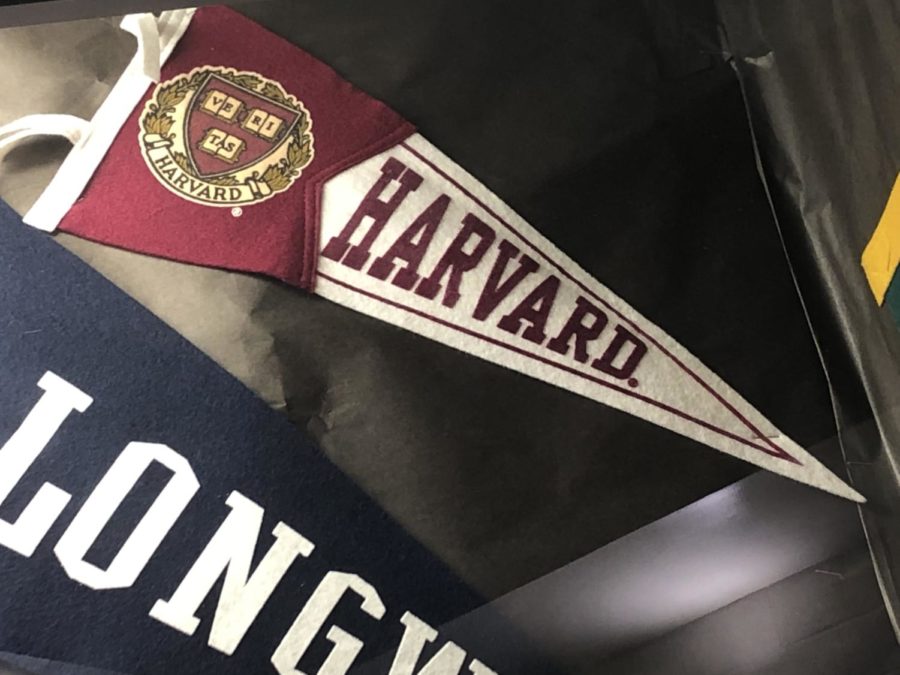Opinion: Student at Harvard Barred from Entering the US
Freshman Ismail B. Ajjawi was sent back to Lebanon for social media posts his friends made.
For many students, the start of the school year is ripe with worries. From wondering whether they like the classes they’re taking, to worrying about the workload, school can be a stressful experience.
However, no student should have to worry about whether they’ll even be able to attend. One such person was Harvard freshman Ismail B. Ajjawi of Lebanon. Ajjawi was detained at Logan Airport and then deported back to Lebanon before he could even step foot into the country.
According to a statement made by Ajjawi, he was detained by an immigration officer over posts some of his friends made on social media that were critical of the United States. Even though Ajjawi made no such posts himself, he was detained for more than eight hours, according to the Harvard Crimson.
During the interrogation, Ajjawi wrote that he responded that he had “no business with such posts and [that he] didn’t like, [s]hare or comment on them.” He also added that he “shouldn’t be responsible for what others post.”
After the eight hours were up, Ajjawi’s visa was revoked and he was sent back to Lebanon. This would be a difficult situation for any grown adult to go through, let alone a 17-year-old college student. The fact that Ajjawi was penalized for statements he didn’t even make is worrying for several reasons.
Even if the immigration officers had found posts on Ajjawi’s social media critical of the United States, those opinions would still be protected under the First Amendment. The officers did not have the right to send Ajjawi back. To even consider dealing repercussions to someone because of statements they didn’t even make is not only wrong but against the law.
This situation also raises questions on the subtle differences on how we deal with students who come from countries with a population made of a majority of white citizens than those who come from countries that are not predominantly white. International students coming from those countries often are subject to more suspicion and discrimination.
It also poses new worries for other international students looking to study in the US. Hearing the story about Ajjawi could discourage others from coming to study at American colleges in the future, which is a shame. International students can contribute unique opinions and help American students form a more educated outlook on the rest of the world.
Thankfully, the situation was resolved and Ajjawi was able to join his other classmates at Harvard for the first day of school. While it’s good there was a resolution, it’s still worrisome for others who wish to come to the US to study.
If we want to make sure that this kind of situation does not occur again, we as a country need to be speaking up about these issues more. We must be more welcoming and accepting. That is the only way to ensure that no other student who wishes to come to the US has to go through this again.


